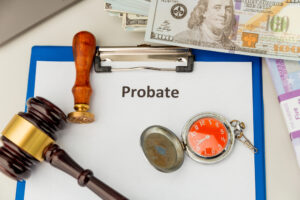In discussing and researching options for your own estate planning, you may come across multiple options and strategies that can help you accomplish your goals. This can be further cemented by talking with a knowledgeable estate planning lawyer about your next steps, and you might hear the term charitable trust as part of this planning process. 
At its most basic level, a charitable trust holds assets inside and distributes them to charities. How the assets will be managed and invest will depend on what you have specified in the trust. You can also use the terms of the trust to determine how it will make donations. Tax advantages are available to those creating a charitable trust but other forms of trust management may be more appropriate for you based on the individual goals you intend to accomplish.
One of the biggest reasons to use a charitable trust is to establish a long term plan for charitable giving. When you establish a charitable trust for these purposes, you can continue to make gifts over a long period. The trust is completely separate from you when established for charity. Any assets held inside the trust are owned by the trust and the trust requires management and pays taxes just as any other legally recognized entity would. To ensure this is the right fit for your estate planning strategy, schedule a time to speak with a lawyer.



















